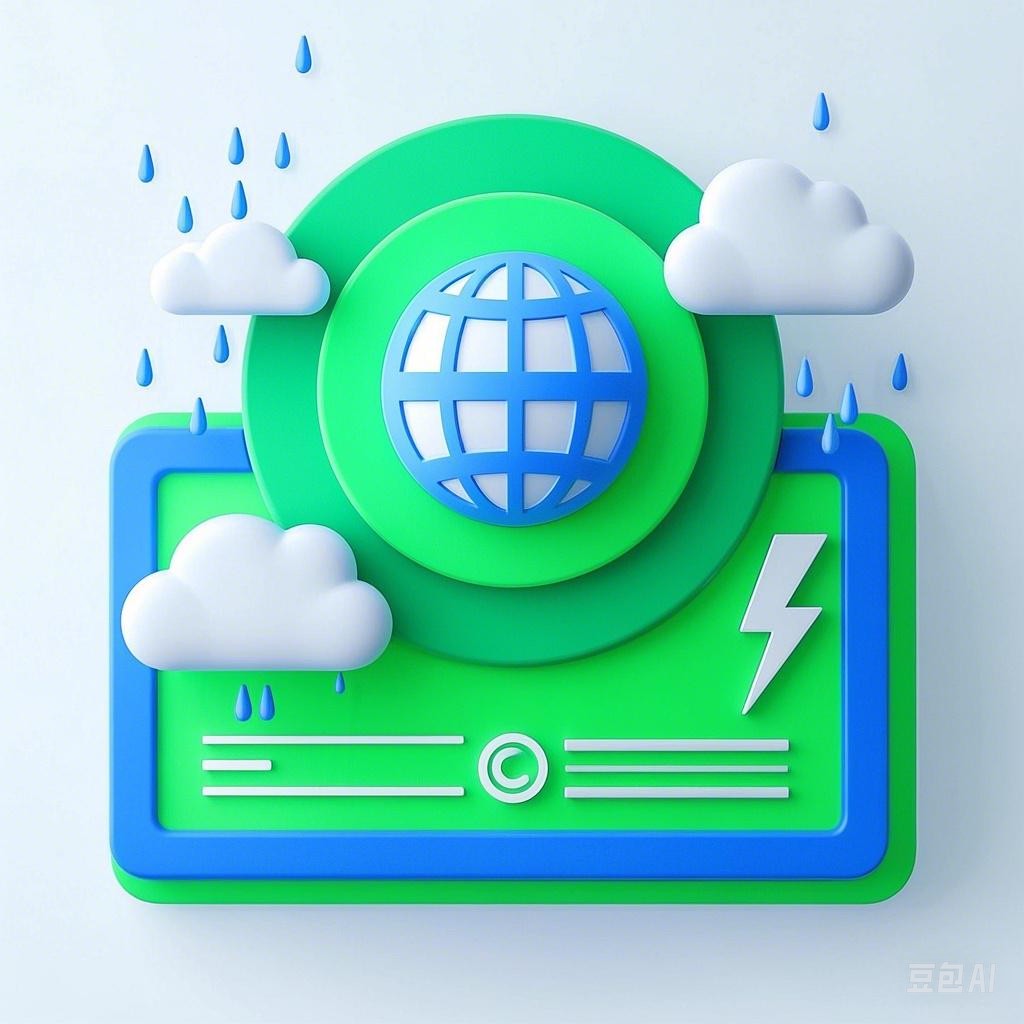Introduction
Natural disasters can strike at any time, often without warning. Whether you’re in a high-risk area or simply want to be prepared, knowing the right phrases in English can be crucial. This guide provides essential English phrases for disaster prevention, allowing you to communicate effectively in emergency situations.
Understanding the Risks
Before delving into the phrases, it’s important to understand the types of natural disasters that may affect your area. Common disasters include:
- Earthquakes
- Floods
- Hurricanes/Cyclones
- Tornadoes
- Wildfires
- Volcanic eruptions
Each disaster requires different preparedness measures and communication strategies.
Essential Phrases for Disaster Preparedness
Earthquakes
- “Drop, cover, and hold on.”
- “Do you know the nearest safe spot in this building?”
- “Are there any emergency exits nearby?”
Floods
- “The area is under a flood warning. Please evacuate immediately.”
- “Do you have sandbags or a flood barrier available?”
- “Where is the nearest elevated ground?”
Hurricanes/Cyclones
- “The hurricane is approaching. Secure all loose objects outside.”
- “We need to board up the windows and doors.”
- “Where can we go if the storm becomes too intense?”
Tornadoes
- “Take shelter immediately!”
- “The tornado is heading this way. Go to the lowest level of the building.”
- “Do you have a storm shelter or a safe room?”
Wildfires
- “The wildfire is spreading rapidly. Evacuation orders have been issued.”
- “Do you have a fire extinguisher and a fire blanket?”
- “What is the nearest fire department?”
Volcanic Eruptions
- “The volcano is erupting. Stay indoors and seal off windows and doors.”
- “Do you have a gas mask or a mask to filter ash?”
- “Where is the nearest evacuation center?”
Communication During Disasters
Effective communication is key during a disaster. Here are some essential phrases to help you stay connected:
- “This is an emergency. Please respond immediately.”
- “We are experiencing a power outage. Please use flashlights and candles with caution.”
- “Our phone lines are down. Please use a generator or battery-powered radio.”
After the Disaster
Once the immediate danger has passed, it’s important to communicate with authorities and loved ones. Here are some helpful phrases:
- “I need assistance with emergency supplies and shelter.”
- “I have lost contact with my family. Please help me find them.”
- “The infrastructure in this area is severely damaged. We need immediate repairs.”
Conclusion
Being prepared for natural disasters is crucial for your safety and the safety of those around you. Knowing the essential English phrases for disaster prevention can help you communicate effectively during emergencies. By understanding the risks, following preparedness measures, and staying informed, you can better navigate through the challenges posed by nature’s wrath.
